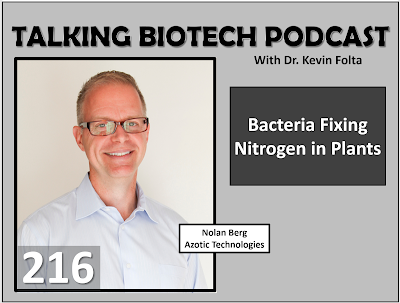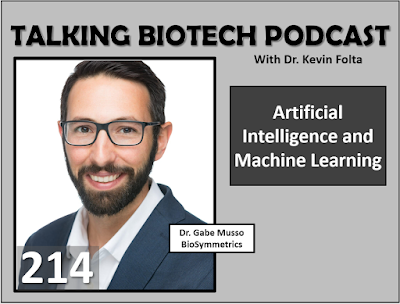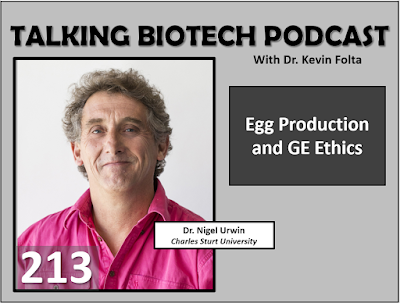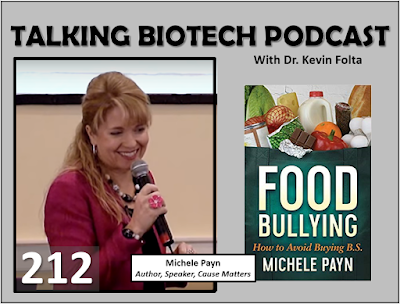Talking Biotech 217 - Precision Medicine
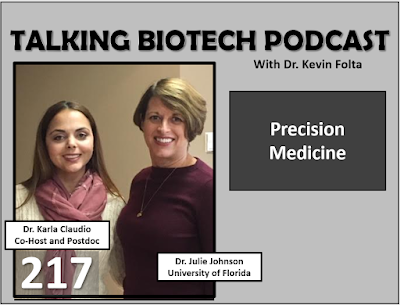
Can genetic sequence data be used to guide diagnosis and therapy? Scientists are finding that analysis of genetic information can reveal important information about drug sensitivity, probability of disease development, and other health risks and benefits. Dr. Julie Johnson describes the use of genomics in the next wave of precision medicine, describing how the future of health care will benefit from understanding patients at the molecular level. Listen to this episode here .
